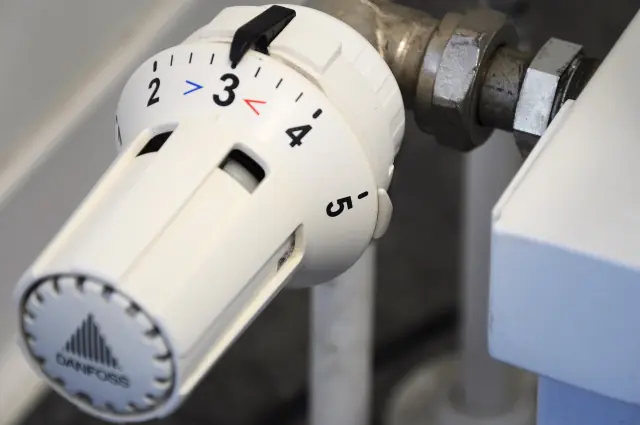
Sofia, Bulgaria – Residents in the capital city should brace for higher heating and hot water bills this January compared to December, according to Kremen Georgiev, former Executive Director of Toplofikatsiya Sofia (District Heating Sofia) and Chairman of the Association of Toplosation Companies.
Speaking in an interview with Bulgarian National Radio (BNR), Georgiev revealed that while the theoretical increase could reach 24%, the actual rise is expected to be closer to 18%.
The primary reason behind the surge in bills is the lower average temperature in Sofia this January, which has already been recorded at approximately 0.7 degrees Celsius below that of December 2024.
Georgiev explained that each degree of temperature drop results in around 10% more energy consumption to maintain a comfortable indoor climate.
The anticipated increase comes despite a decrease in steam and hot water prices that took effect in July 2024. The capital saw a 7% reduction in heating costs, while some cities, such as Burgas, benefitted from price cuts of up to 14%.
Many consumers had hoped for financial relief in their heating expenses this winter following these reductions.
However, an unusually cold December, with an average temperature of just 2 degrees Celsius, led to increased energy usage, offsetting any savings from the price adjustments.
Georgiev addressed concerns about heat losses in Sofia’s district heating network, a recurring issue in public discourse.
He clarified that while heat losses through the network stand at approximately 24%, this figure is within the normal industry limits and does not directly impact consumers’ bills.
The heat supplied to households is measured at subscriber stations, ensuring that users only pay for the energy they receive.
“If district heating losses in Sofia were as high as 40%, the Energy and Water Regulatory Commission (EWRC) would not approve cost increases based on such losses,” Georgiev emphasized.
Despite reassurances, many residents remain concerned about their rising energy bills amid winter’s harsh conditions. Some have called for additional government intervention or subsidies to alleviate the financial burden on households.
Others argue that further modernization of the district heating infrastructure is necessary to improve efficiency and reduce waste.
The increase in heating costs also comes at a time when many Bulgarians are already facing higher living expenses due to inflation and energy market fluctuations.
With the winter season still ahead, experts warn that further cold spells could lead to additional rises in energy consumption, potentially pushing household expenses even higher.
As Sofia’s residents brace for steeper heating bills, the debate over energy efficiency, pricing policies, and the long-term sustainability of district heating systems continues.
Authorities and utility providers are expected to monitor the situation closely, with consumers hoping for any measures that could mitigate the financial impact of the cold winter months.
This article was created using automation technology and was thoroughly edited and fact-checked by one of our editorial staff members
